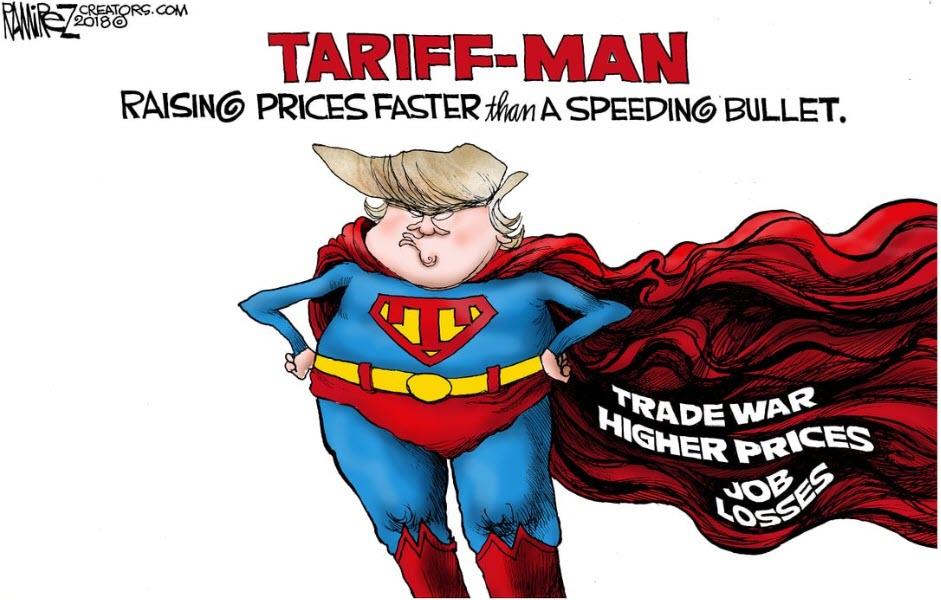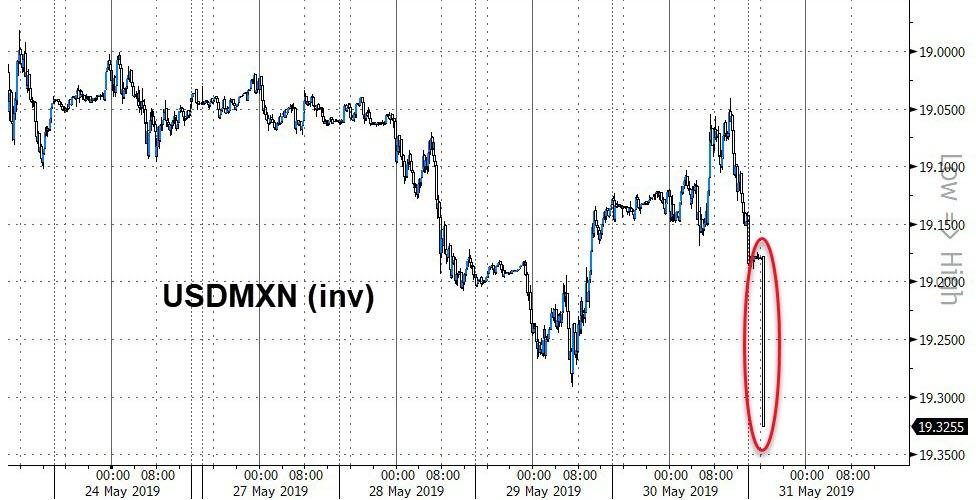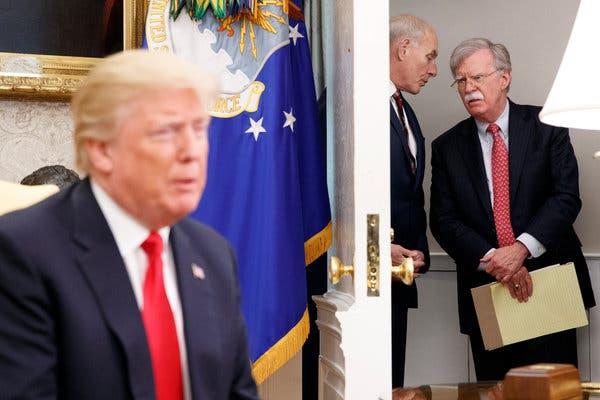Any fair reading of the public record since 2017 has suggested that the Trump administration, despite inconsistent protestations to the contrary (whether in front of Congress or in the courtroom), has sought to re-insert on the decennial census form in 2020 a question about citizenship status for the express political purpose of undercounting heavily Democratic areas, thereby decreasing these areas’ representation in Congress.
Now comes news, via a court filing Thursday, that a recently deceased GOP gerrymandering specialist not only wrote a 2015 analysis of how Republicans would benefit if political maps were drawn based on voting-age U.S. citizenry rather than overall population, he also helped ghostwrite a 2017 Department of Justice letter to the Commerce Department (which manages the census), requesting the reinstatement of the citizenship question on the highly dubious grounds that it would improve enforcement of the Voting Rights Act.
Thomas Hofeller, who The New York Times describes as having achieved “near-mythic status in the Republican Party as the Michelangelo of gerrymandering,” died last August at age 75. His estranged daughter, Stephanie Hofeller, when sorting through dad’s affairs, “came across a clear plastic bag holding four external hard drives and 18 thumb drives, backups of data on Mr. Hofeller’s Toshiba laptop.” In a series of implausible-sounding coincidences, she reportedly happened to mention in passing the existence of some gerrymandering-related material on those drives to a lawyer who happened to work for Common Cause, which happened to have an active lawsuit in North Carolina court about gerrymandering.
One thing led to another, and the files have now been presented to U.S. District Judge Jesse Furman of the Southern District of New York, who ruled against the administration’s citizenship question in January. That case has been appealed and is awaiting a Supreme Court ruling. It is unclear whether the Hofeller trove will affect the case.
The original purpose of the census, as spelled out in the Constitution, is to count the “Number of free Persons” living in each state for the purpose of apportioning seats in the House of Representatives. The post-Civil War amendments to the Constitution redefined that whole “free Persons” bit: “Representatives shall be apportioned among the several States according to their respective numbers, counting the whole number of persons in each State, excluding Indians not taxed.”
As Matthew J. Franck has explained at National Review, “voting rights are not and never have been the relevant consideration in counting population for congressional representation. Like women in most states before the Nineteenth Amendment, and like minor children even today, the alien is counted because he is represented in Congress, even if he cannot participate in electing members of it.” This has been the governing system ever since, upheld in various ways by the Supreme Court.
Republican immigration restrictionists have been chafing at that legal reality since at least the 1980s. When Sen. David Vitter (R–La.) in 2009 introduced a bill mandating that the census reinsert the citizenship question for the first time since 1950, he was explicit in his aims: “States that have large populations of illegals,” Vitter complained, are being unfairly “rewarded.” That view is shared by many within the Trump administration orbit, most notoriously the populist svengali Steve Bannon and former Kansas Secretary of State Kris Kobach.
Hofeller was initially hired in 2015 to provide potential analytical ammo in Evenwel v. Abbott, a case in which two Texas voters attempted to challenge the Lone Star State’s residency-based political apportionment, arguing that the political power of legal citizens was unfairly diluted by the counting of non-legal residents. (The Supreme Court decided unanimously, if narrowly, in 2016 against that argument, with Justice Samuel Alito remarking along the way that “The decennial census required by the Constitution tallies total population.”)
Hofeller concluded in his study that redrawing Texas political boundaries based on voting eligibility “would be advantageous to Republicans and non-Hispanic whites.” But such voter data was not available on a granular basis, he lamented. “Without a question on citizenship being included on the 2020 Decennial Census questionnaire,” Hofeller wrote, “the use of citizen voting age population is functionally unworkable.”
The New York Times picks up the timeline from there:
Roughly 16 months later, as President-elect Trump prepared to take office, Mr. Hofeller urged Mr. Trump’s transition team to consider adding a citizenship question to the census, the transition official responsible for census issues, Mark Neuman, said last year in a deposition in the Manhattan census lawsuit.
Mr. Neuman testified that Mr. Hofeller told him that using citizenship data from the census to enforce the Voting Rights Act would increase Latino political representation — the opposite of what Mr. Hofeller’s study had concluded months earlier.
Court records show that Mr. Neuman, a decades-long friend of Mr. Hofeller’s, later became an informal adviser on census issues to Commerce Secretary Wilbur L. Ross Jr. By that summer, a top aide to Mr. Ross was pressing the Justice Department to say that it required detailed data from a census citizenship question to better enforce the Voting Rights Act.
It’s worth pausing to reflect on the brazenness here. Hofeller writes up a study showing that redistricting based on voter eligibility—which by the way is unconstitutional—would definitely help Republicans and whites while hurting Democrats and Latinos in high-immigrant states. He then complains that the best compilation of that data—the annual American Community Survey, which asks the citizenship question and is the primary information source used for enforcement of the Voting Rights Act—is not a thorough survey, but a mere sampling of around 3.5 million households nationwide. In order to produce the desired outcome for Republicans, at the expense of Latino households, he writes, you’d need the citizenship question asked by the decennial census.
The Trump administration then claims with a straight face that the primary purpose of restoring that question is to better enforce the Voting Rights Act.
While that clumsy lie was smacked down already by Judge Furman (and in these pages by Jacob Sullum), Thursday’s court filing adds a new wrinkle to the mendacity. In a Hofeller document dated Aug. 30, 2017, the Voting Rights Act rationale was spelled out in a paragraph, complete with supporting court decisions. According to the Times, “That paragraph later appeared word for word in a draft letter from the Justice Department to the Census Bureau that sought a citizenship question on the 2020 census.” A later letter clearly drew on Hofeller’s 2015 study, the Times found.
Hofeller is not the only GOP gerrymanderer who attempted to influence Trump’s census. The president’s first pick for deputy director and operational executive of the Census Bureau was Thomas Brunell, author of the 2008 book, Redistricting and Representation: Why Competitive Elections Are Bad for America. Brunell’s name was later withdrawn after an outcry.
So what’s wrong with the census including a citizenship question, since after all it was included in the “long form” of the questionnaire as recently as 2000? I’ll turn the floor over to Jacob Sullum:
The Constitution requires an “actual enumeration” of each state’s population, without regard to citizenship or immigration status, every 10 years so that representatives can be apportioned correctly. Asking about citizenship, which the main census form has not done since 1950, undermines that goal, since people may worry that the information they provide will be used against them or their relatives—a fear for which there is historical precedent, notwithstanding the government’s promise of confidentiality.
Since 1960 the Census Bureau and the commerce secretary have warned that a citizenship question would aggravate the undercounting of “hard-to-count” groups, including not just unauthorized residents but people who live with them. Last January bureau staff conservatively estimated that adding the question would cause a 5 percent drop in form completion by noncitizen households.
Remarkably, Commerce Secretary Ross has stated on the record that an undercount of the one thing the census was specifically tasked with would nonetheless be worth it in return for all that crucial Voting Rights Act information. “Even if there is some impact on responses … the citizenship data provided to [the Department of Justice] will be more accurate with the question than without it,” Ross wrote in a memo last year, “which is of greater importance than any adverse effect that may result from people violating their legal duty to respond.”
Trump administration officials have repeatedly demonstrated that they are willing to lie in order to depress the counting of immigrant households. We should know in a matter of weeks whether they’ll get away with it.
from Latest – Reason.com http://bit.ly/2EGx8be
via IFTTT






